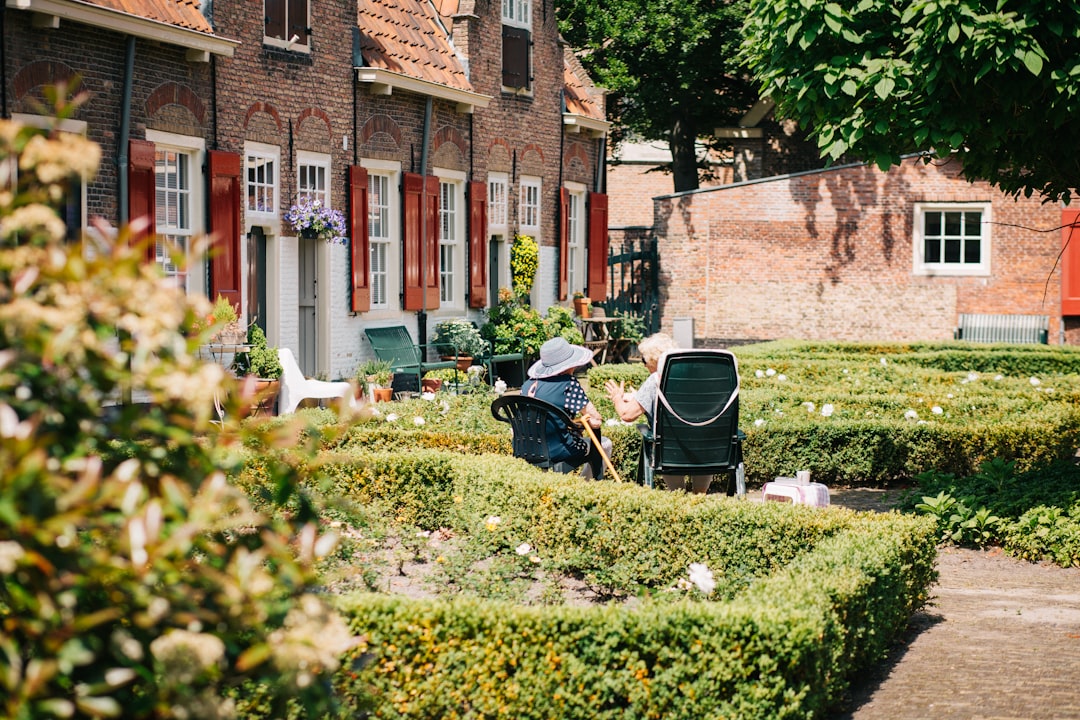What is it about?
Many babies and young children are removed from their parents, sometimes soon after birth because they are thought to be at risk of neglect or maltreatment. The intention is that they should be returned home as soon as it is considered safe to do so, or placed for adoption but in about 50% of cases they remain for long periods in long term foster care. The article suggests that this should be seen as a therapeutic and learning opportunity for the children rather than simply caretaking. The policy implication is that far more attention should be paid to the selection, training and support of foster carers of young children.
Featured Image

Photo by Robert Collins on Unsplash
Why is it important?
There is an acute shortage of information about what happens in the everyday lives of babies and infants who are taken into out-of-home care, but increasing evidence from neurological and behavioural research that the early weeks and months of life are critically important for cognitive, social and sensori-motor development.
Perspectives
I believe that the life chances of most children who grow up in out of home care are blighted by two factors: 1) neglect of their education and 2) the chronic instability of the UK care system. I have been researching and campaigning on these issues since the early 1960s. The cited article brings together my long term interest in the education of children in care with my other main research and teaching interest: early childhood care and education.
Professor Sonia Charlotte Jackson
University College London
Read the Original
This page is a summary of: Invisible children: The out-of-home care and education of babies and toddlers, Adoption & Fostering, March 2022, SAGE Publications,
DOI: 10.1177/03085759221080215.
You can read the full text:
Contributors
The following have contributed to this page










